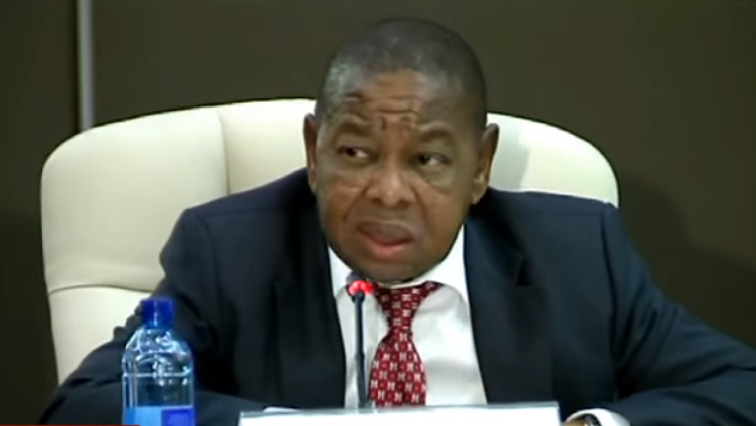The Minister of Higher Education, Science and Innovation, Dr Blade Nzimande announced that the government will continue its efforts to make South African tuition fees more affordable through regulation.
Nzimande said on Thursday, November 26 that the department is working towards a policy framework on the regulation of university fees.
However, the process is yet to be completed for the 2021 academic year because of the uncertainty created by the COVID-19 pandemic.
The department is proposing a continuation of the “fee compacts” that have been in place for the past few years.
He has written to all university councils in this regard, proposing a fee increase linked to the Consumer Price Index for 2021.
“The intention of these fee compacts is to ensure fee increases are kept at affordable levels, while also ensuring that universities are able to remain sustainable,” said Nzimande. “This [increase] would be 4.7% on tuition fees and 6.7% on accommodation fees, in line with previous years. I am awaiting the response of university councils on this matter.”
2020 Academic year
Nzimande said that the department has been closely monitoring the situation at all South African universities and 25 institutions are at low risk of not completing the academic year.
Two universities — the Universities of Johannesburg and Pretoria — have committed to concluding their academic year during the month of November.
Eight universities are planning to finish in December. These include:
— Cape Peninsula University of Technology (CPUT)
— University of Cape Town (UCT)
— University of the Western Cape (UWC)
— Stellenbosch University (SU)
— University of the Witwatersrand (Wits)
— University of the Free State (UFS)
— Sol Plaatje University
— Unisa
The country’s remaining universities aim to wrap up in the first quarter of 2021.
Students who qualify for the National Student Financial Aid Scheme (NSFAS) and will complete their academic year in the extended period will receive funding from NSFAS, despite the fact that the scheme received no additional funds from the government.
Nzimande announced that NSFAS managed to acquire enough funding to support the living expenses of students, such as meals and personal expenses.
“The money is not for the things I shall not name,” said Nzimande. “You spend it wrongly, you destroy your future easily.”
He added that students who have already completed the academic will have to wait for the 2021 academic year to begin before they received their new allocations.
Picture: Wikimedia Commons

